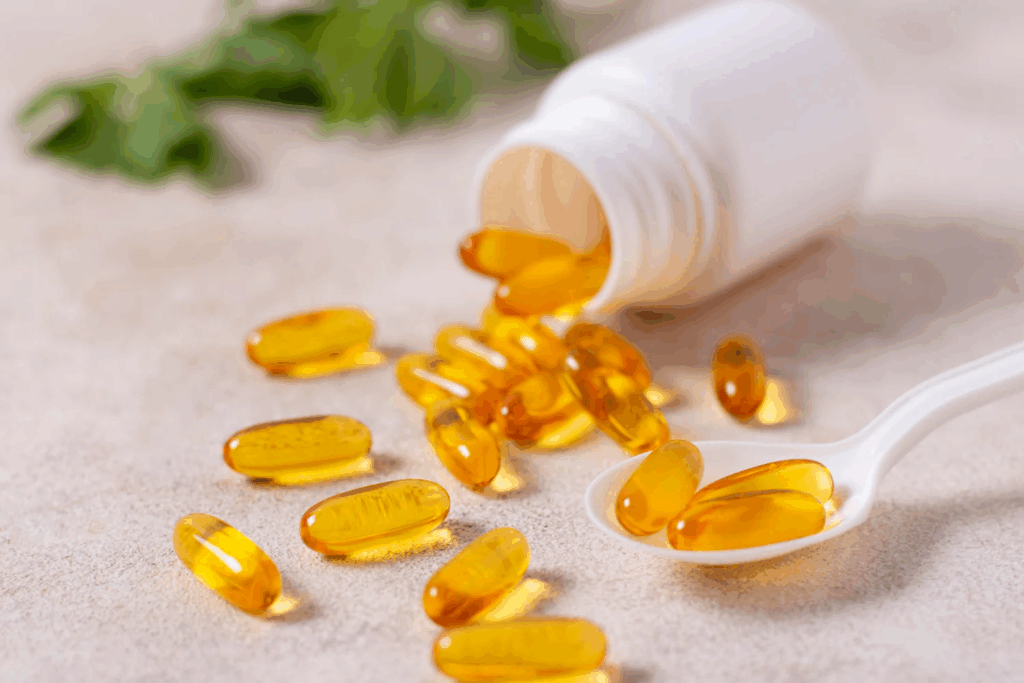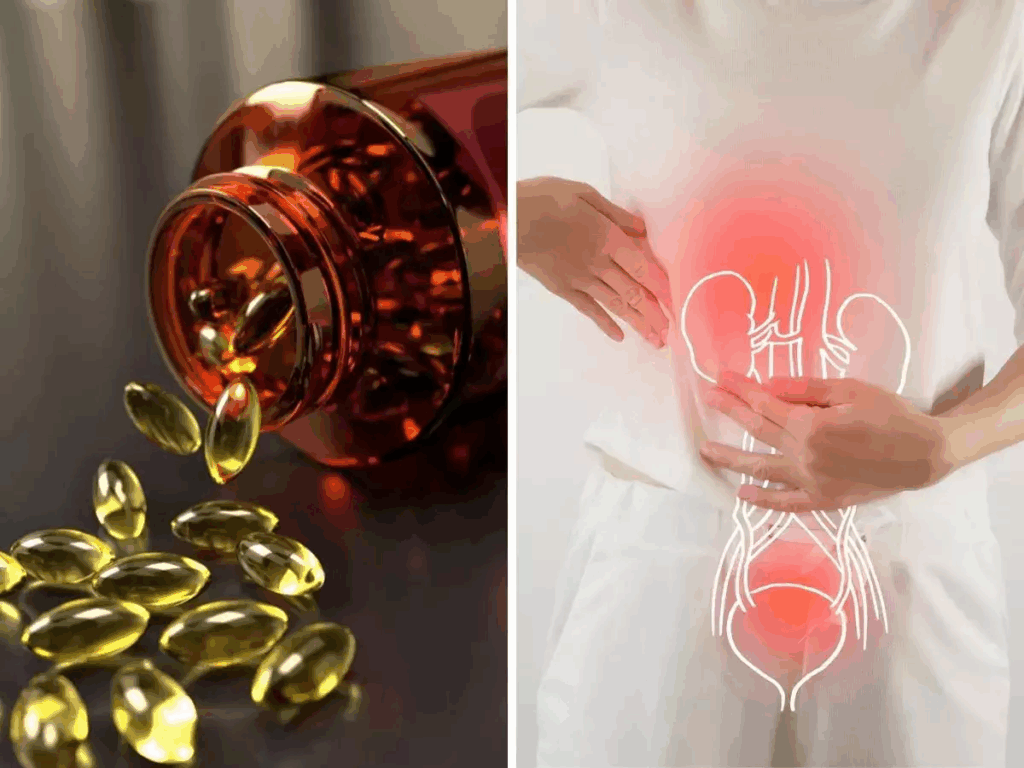Vitamin D is a fat-soluble vitamin that plays an essential role in keeping your bones strong, boosting mental health, and improving sleep. Despite its importance, nearly 1 in 4 U.S. adults suffer from vitamin D deficiency. Symptoms can vary depending on the severity and individual characteristics, but there are key signs to look out for.
Symptoms of Vitamin D Deficiency

While many people with vitamin D deficiency show no symptoms, others may experience:
- Fatigue
- Trouble sleeping
- Bone pain or achiness
- Depression or feelings of sadness
- Hair loss
- Muscle weakness
- Loss of appetite
- Getting sick more easily
- Pale skin
If you notice any of these symptoms, it’s important to consult a medical professional. They can perform a blood test to assess your vitamin D levels.
Foods High in Vitamin D
There are limited natural sources of vitamin D, but here are some of the top options:
5 Foods Naturally High in Vitamin D:
- Fatty fish like salmon, trout, tuna, and mackerel
- Canned fish such as herring and sardines
- Egg yolks
- Beef liver
- Fish liver oil

5 Vitamin D Fortified Foods:
- Breakfast cereals
- Milk
- Almond milk
- Soy milk
- Orange juice
Since natural sources of vitamin D are rare, many food products are fortified with it. Always check the label to ensure that vitamin D has been added.
Getting Vitamin D from Sunlight

Your skin produces vitamin D when exposed to ultraviolet rays from the sun. Aim to spend some time outdoors daily, even if it’s just a quick walk. Don’t forget sunscreen, even on cloudy days, to protect your skin.
If sunlight exposure is limited in your area or routine, increasing your dietary intake or taking a supplement may be necessary.
Vitamin D Supplements
Most people can benefit from taking a vitamin D supplement, especially during months when sunlight is limited. Vitamin D supplements come in two main forms: D2 and D3. Vitamin D3 is more effective at raising your vitamin D levels, making it the preferred choice for supplementation.
The recommended dietary allowance for young adults is 600 international units (IU) per day. If your vitamin D levels are very low, a doctor may prescribe a higher dose.
Are Vitamin D Supplements Safe?

Yes, vitamin D supplements are generally safe when taken at the recommended doses. Excess vitamin D is typically excreted through urine, so it’s difficult to overdose unless you’re taking large amounts. However, extremely high levels of vitamin D can cause adverse effects such as nausea, vomiting, confusion, excessive thirst, and kidney stones. Be sure to consult with your doctor before starting any supplements, especially if you are on other medications.
Who is More at Risk for Vitamin D Deficiency?
Certain groups are at a higher risk for vitamin D deficiency, including:
- People with darker skin: While darker skin offers better protection from UV rays, it also means you need more sun exposure to produce the same amount of vitamin D.
- Obese individuals: Vitamin D is fat-soluble, so it can get stored in fat tissue, reducing its availability in the body.
- People with osteoporosis or malabsorption disorders: Conditions like celiac disease or inflammatory bowel disease can interfere with vitamin D absorption.
If you’re concerned about your vitamin D levels, it’s a good idea to talk to a healthcare provider. You can schedule an appointment with a medical professional to check your levels and discuss appropriate next steps.
Also Read : Top 5 Best Vitamins for Boosting Energy and Fighting Fatigue



